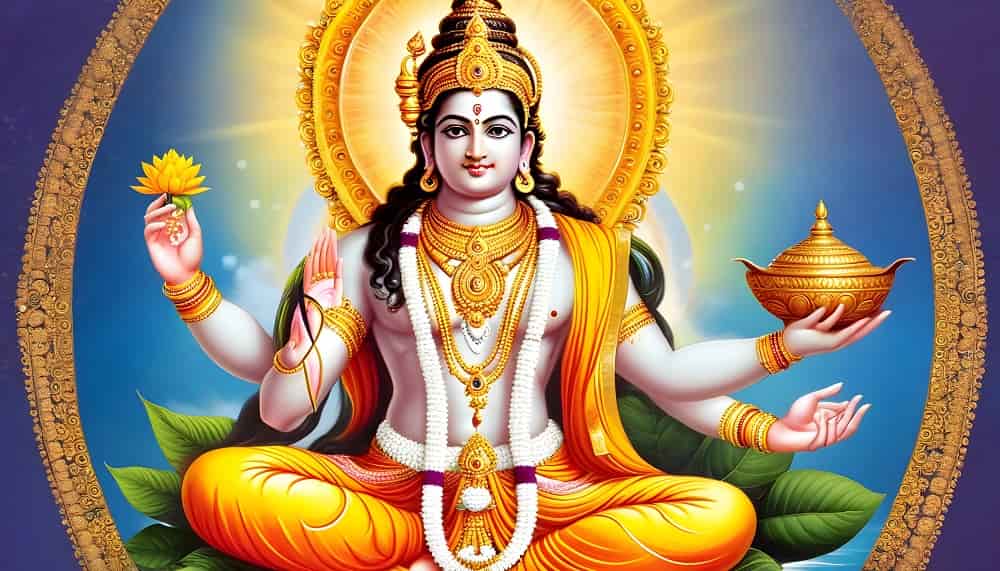As we delve into the depths of human history, the interconnections between diverse civilizations, once perceived as distinct entities, become increasingly apparent. In the enigmatic realm of ancient India, an awe-inspiring entity named Dhanvantari held sway as the revered god of medicine or Ayurveda, and guardian of various other sciences. Renowned healers like Sushruta, who, over 3,000 years past, exhibited mastery in groundbreaking surgeries such as cataract and plastic surgeries, attributed their knowledge to Dhanvantri—a godlike enigma reigning over a kingdom in what is now known as Varanasi. What adds an extra layer of astonishment to this mysterious being is its shape-shifting ability, as it could transform into a bird.
Stunningly, echoes of a comparable entity reverberate in ancient Egypt, where Thoth, portrayed as a bird, held sway as the deity of science, medicine, and magic. Inscriptions on various tablets attribute Thoth, the self-proclaimed king of a distant realm, to these domains of knowledge and influence. The parallel existence of such godlike beings across geographically distant civilizations adds an intriguing dimension to our understanding of the interconnectedness of ancient cultures.
The Ancient Healing Wisdom of Dhanvantari
Dhanvantari is a figure in Hindu mythology associated with Ayurveda, the traditional system of medicine in India. He is considered the divine physician or the physician of devas and is often depicted holding a pot of rejuvenating nectar. He is revered as an incarnation of Vishnu. Dhanvantari's teachings and wisdom are deeply rooted in ancient Indian scriptures, particularly in the Ayurvedic texts.
Here are some key aspects of Dhanvantari's ancient healing wisdom:
Ayurveda as a Holistic System:
Dhanvantari is credited with the compilation of the Agnivesha Tantra, one of the foundational texts of Ayurveda. This text emphasizes a holistic approach to health and well-being, considering the balance of mind, body, and spirit.
Doshas and Prakriti:
Ayurveda categorizes individuals into three doshas (biological energies) known as Vata, Pitta, and Kapha. Every individual possesses a distinct combination of these doshas, referred to as their Prakriti. Dhanvantari's teachings highlight the importance of understanding one's Prakriti to maintain balance and prevent diseases.
Balancing the Elements:
Ayurveda is founded on the concept of the five elements: earth, water, fire, air, and ether. Dhanvantari's teachings emphasize the balance of these elements within the body to promote health. Imbalances are believed to lead to various ailments, and Ayurveda recommends personalized lifestyle and dietary changes to restore equilibrium.
Herbal Remedies:
Dhanvantari's wisdom includes extensive knowledge of herbs and their therapeutic properties. Ayurveda uses a wide range of herbs for preventive and curative purposes. These herbs are often prescribed based on an individual's dosha and specific health conditions.
Panchakarma:
Ayurveda incorporates detoxification and purification therapies known as Panchakarma. Dhanvantari's teachings include various cleansing processes to eliminate toxins from the body and promote overall well-being.
Diet and Lifestyle:
Dhanvantari emphasizes the significance of diet and lifestyle in maintaining health. Ayurveda recommends a diet that aligns with one's dosha, seasonal variations, and personal constitution. Lifestyle practices such as yoga, meditation, and adequate sleep are also integral to Ayurvedic principles.
Preventive Healthcare:
Dhanvantari's teachings underscore the importance of preventive healthcare. Ayurveda encourages individuals to adopt a balanced lifestyle, follow seasonal routines, and make conscious choices to prevent diseases before they manifest.
Spiritual and Mental Well-being:
Ayurveda acknowledges the interconnected nature of the mind, body, and spirit. Dhanvantari's wisdom includes guidance on maintaining mental and spiritual well-being through practices like meditation and mindful living.
While Dhanvantari's ancient healing wisdom originated in a different cultural and historical context, Ayurveda continues to influence alternative and holistic medicine practices globally. It emphasizes personalized care, natural remedies, and the integration of mind-body-spirit for overall health and vitality.














0 comments:
Post a Comment